We are on a mission
We have built & operated autonomous underwater vehicles and systems for defense, commercial and academic customers. Our submarines run on hydrogen, collects microplastics and ocean health data while transporting cargo to decarbonize the transport sector.
The team
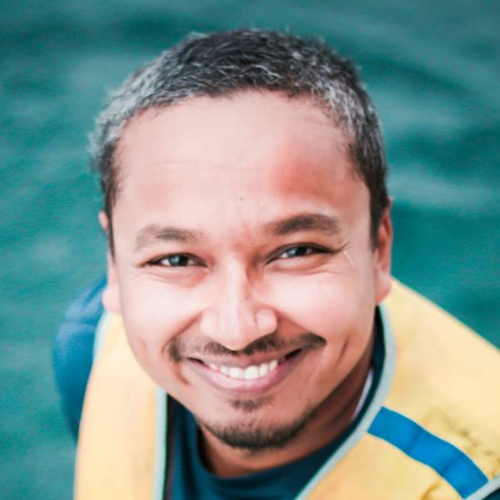
Dhruv Boruah
Founder & CEO
MBA/Engineer, ZeroTo1 Founder, IBM/Siemens, Award winning Ocean Campaigner & Sailor
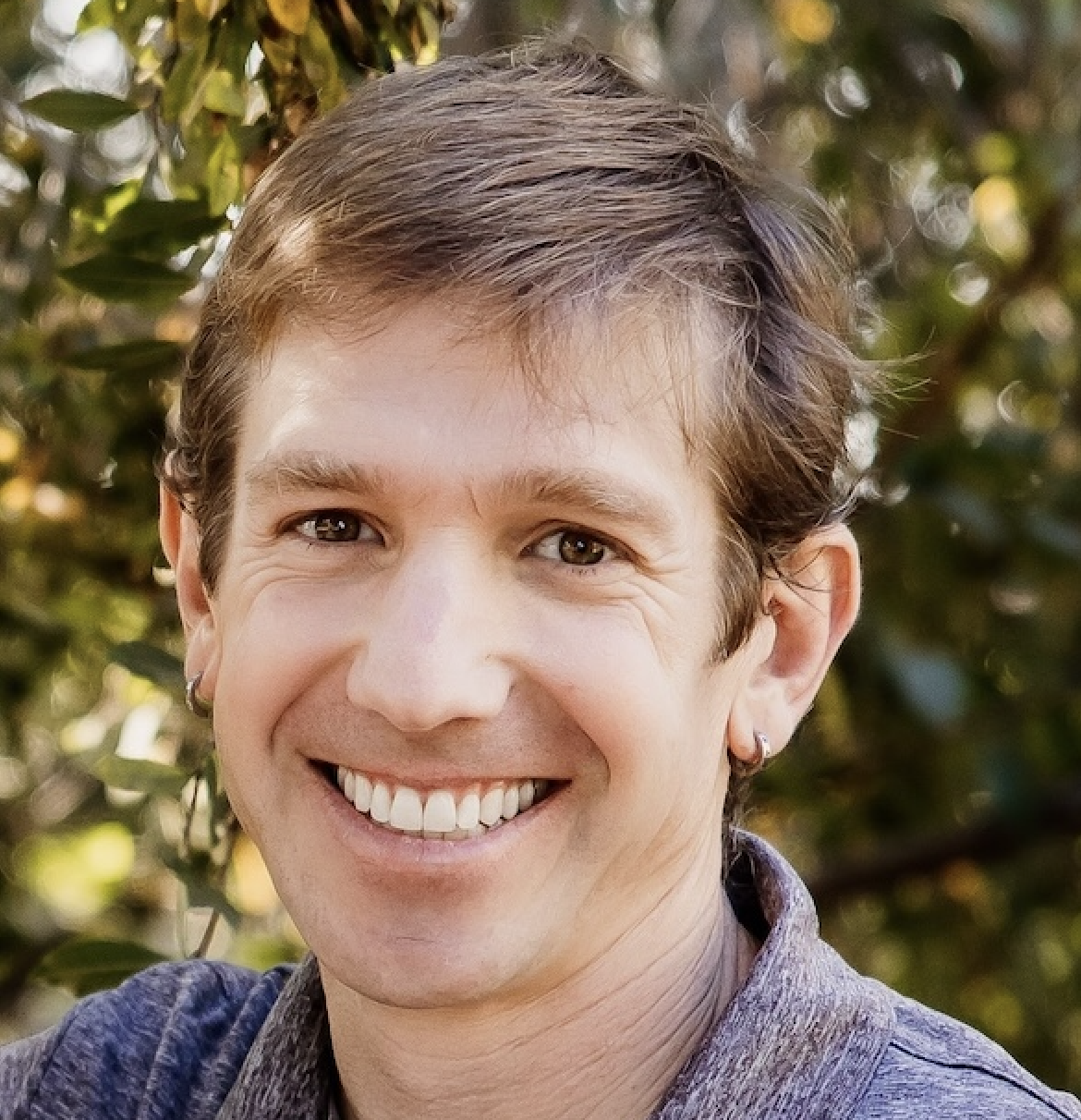
Jonathan Pompa
VP – Engineering
AUV build/operations for Defense/Commercial/Science customers, Scripps Institution of Oceanography, Carnegie Mellon University

Rob Damus
Advisor – Submarine Systems
Co-founder & COO Hadal, AUV & Underwater Robotics build/operations for Defense/Science/Commercial customers, Massachusetts Institute of Technology – Ocean Engineering, MIT AUV Lab
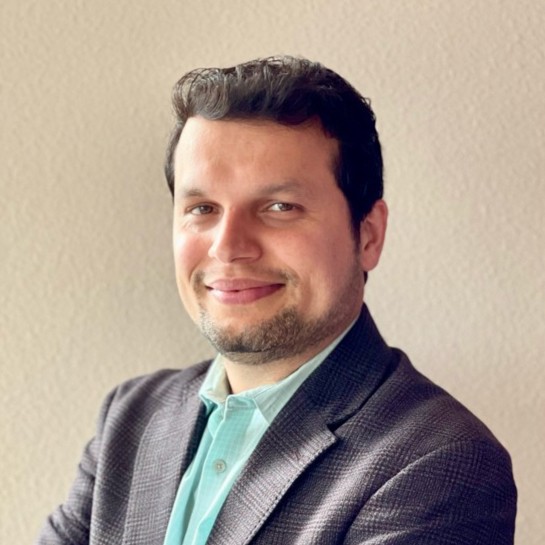
Suman Khatiwada PhD
Advisor – Strategy
Co-Founder & CTO at Syzygy Plasmonics, Hard-tech entrepreneur & material scientist
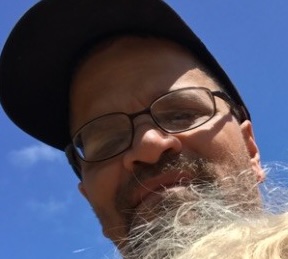
Hans Thomas
Advisor – Submarine & Robotics
NASA – Deputy Lead,Autonomy & Robotics Area, Flight Software Engineer at KBR, 20+yr AUV Experience (MBARI), Carnegie Mellon University
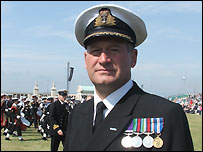
Capt. Steve Bramley
Operations & Regulations
Retired Royal Navy, Aircraft/ Surface ship Command & Submarine Experience
